Sleep Apnea Treatment Options

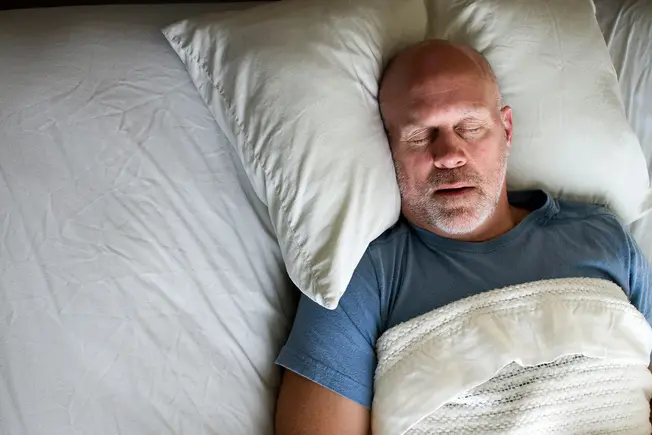
Help for Sleep Apnea
About a third of us don't get enough sleep (for adults, that's at least 7 hours a night). That can lead to some major health problems like diabetes, heart disease, depression, and obesity. A major cause of poor sleep is sleep apnea, which is when breathing stops and starts during sleep. Thankfully, it’s treatable.
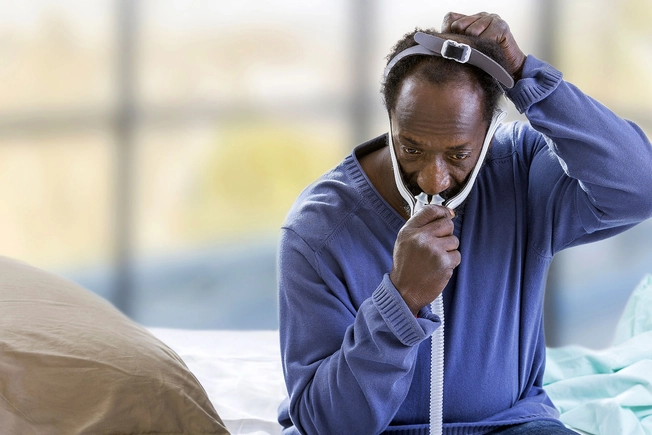
CPAP Machine
Obstructive sleep apnea (OSA) is when muscles in your throat relax enough so soft tissues block your airway. A continuous positive airway pressure (CPAP) machine is the most common and most reliable method for treating it. The CPAP machine pushes a steady stream of air through a mask that you wear while you sleep. It keeps your airway open. That helps you snore less (or not at all) and sleep better.
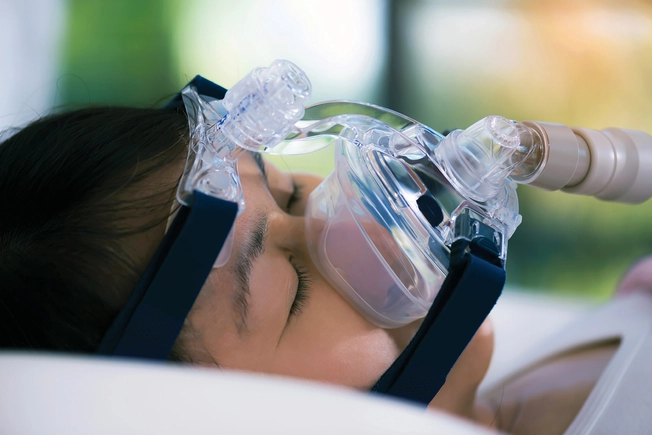
BiPAP Machine
A BiPAP (bi-level positive airway pressure, also known as BPAP) machine is like a CPAP in that it provides a stream of air to keep your airways open. Unlike the CPAP, a BiPAP does not give the same, constant pressure all the time. Some people on CPAP have trouble exhaling with that steady pressure, so the BiPAP gives you less air while you breathe out.
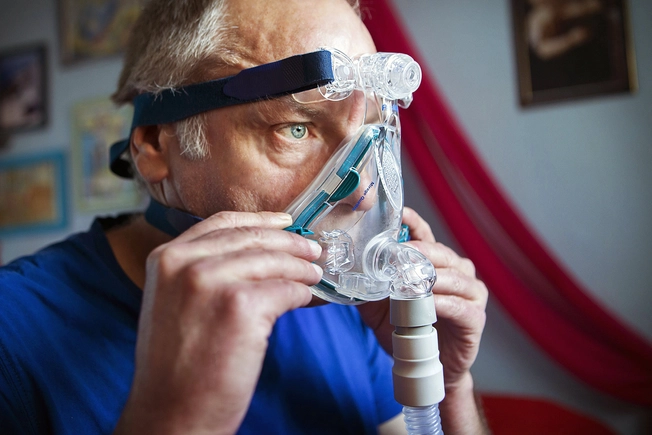
ASV and Other Machines
The adapto servo ventilation machine (ASV) adapts and adjusts airflow based on your breathing. The variable positive airway pressure machine (VPAP) gives you different amounts of air during your breathing process. All the choices in PAP machines can seem daunting, as can getting comfortable with masks and straps. But in the end, these options work for many people. Talk to your doctor about what might be the best choice for you.
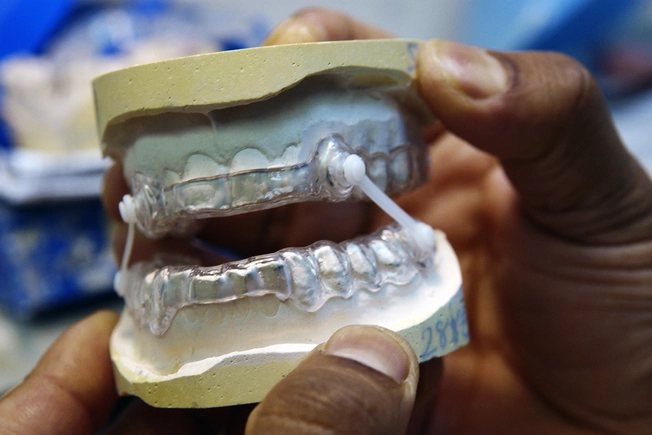
Oral Appliances (MADs)
PAP machines are more reliable at easing sleep apnea, but some people prefer oral appliances (also called mandibular advancement devices). Many of these mouthpieces are designed to bring your jaw forward to open your airway. Others hold your tongue in place. Many are custom-designed by dentists. There are over-the-counter options, too.
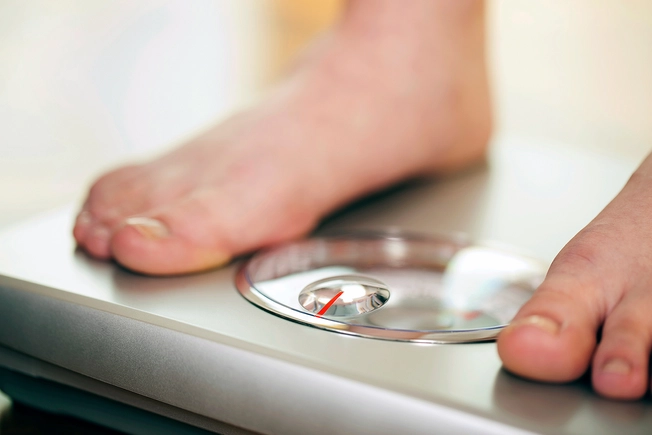
Weight Loss
Scientists have found a direct connection between sleep apnea and obesity. Fat deposits in your upper airway can limit airflow and keep muscles there from doing their job. Researchers cite weight loss -- through exercise, attention to diet, and possibly medication -- as a good tool in treating obstructive sleep apnea.
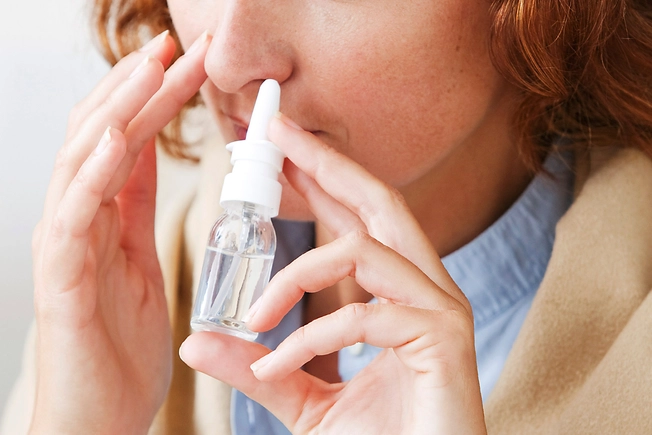
The Nose Knows
In some cases, a nasal decongestant can help open up airways and make breathing easier. Breathing strips have been used with limited success, too.
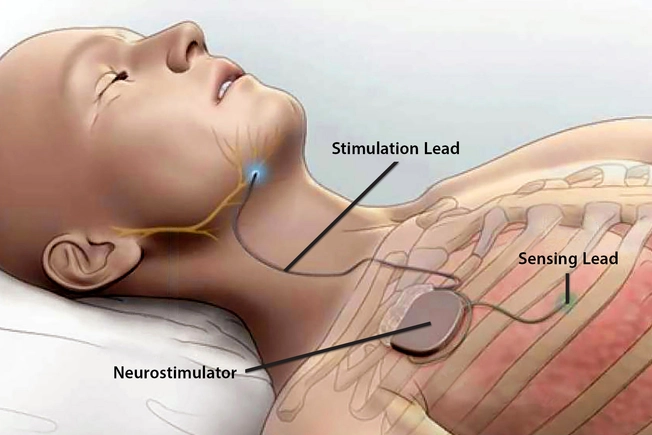
Upper Airway Stimulation
Your doctor may suggest upper airway stimulation (UAS). A small electrical device similar to a heart pacemaker is put in the chest, just below the skin and above the ribs. It includes an electrode connected to the nerve that controls the muscles in your tongue. A small electrical charge stimulates your tongue while you sleep to clear your airway and make it easier to breathe.
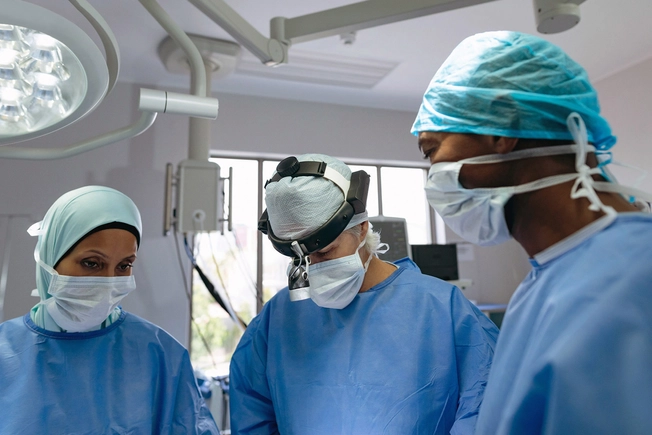
Surgery
The last resort for sleep apnea is surgery. The most common is uvulopalatopharyngoplasty. Surgeons remove soft tissue from the back of your palate and may take out your tonsils and uvula (the soft tissue that hangs down the back of your throat).
Other surgeries may involve your jawbones, other soft tissue, or your nose.
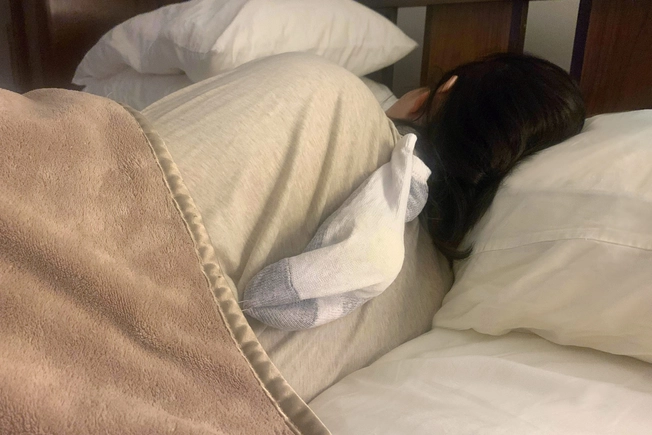
Switch Positions
A lot of people who sleep on their backs snore and struggle with sleep apnea. Positional therapy tries to get you to sleep other ways. You might wear something around your waist or back, like a tennis ball inside a sock pinned to the back of your pajamas, to encourage you to sleep on your side. Some devices vibrate to gently remind you to turn over.
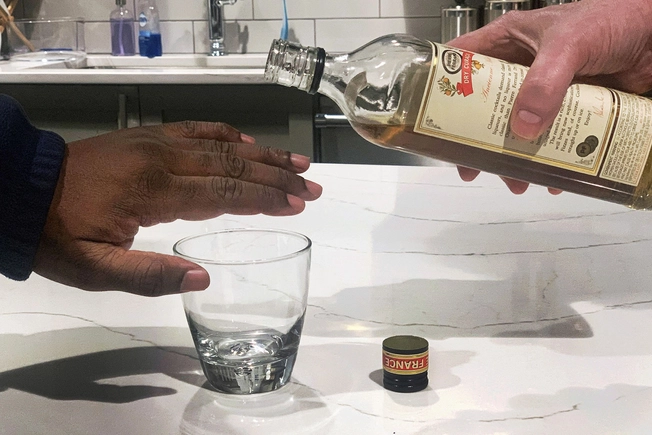
Cut Out the Alcohol
Alcohol is tied to sleep apnea. A drink before bedtime may cause sleep apnea or make it worse. Too much alcohol can lead to a narrow airway, which can make episodes of sleep apnea longer.
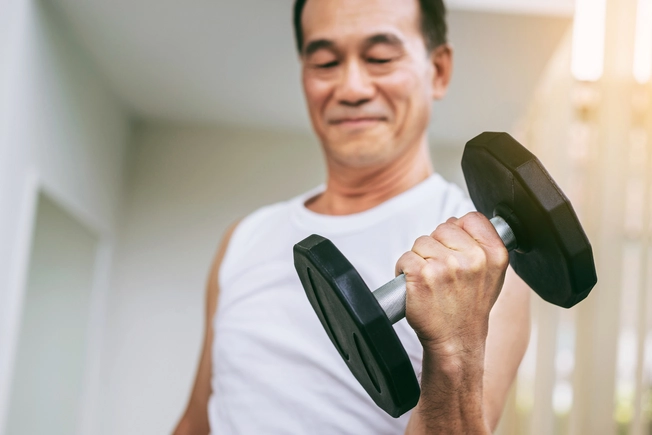
Other Ways to Fight Sleep Apnea
Several studies show that an exercise program can help ease sleep apnea. Conversely, some anti-anxiety medications and sleeping pills can make it worse.
Get active, and check with your doctor to see what else you can do, especially if you snore a lot and feel drowsy often.